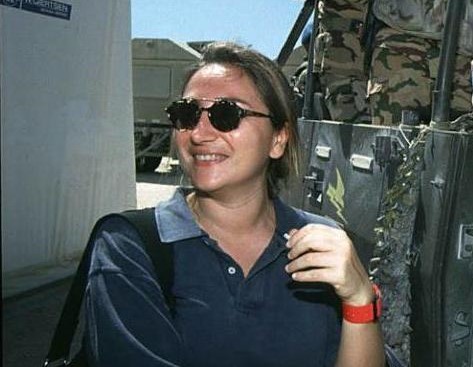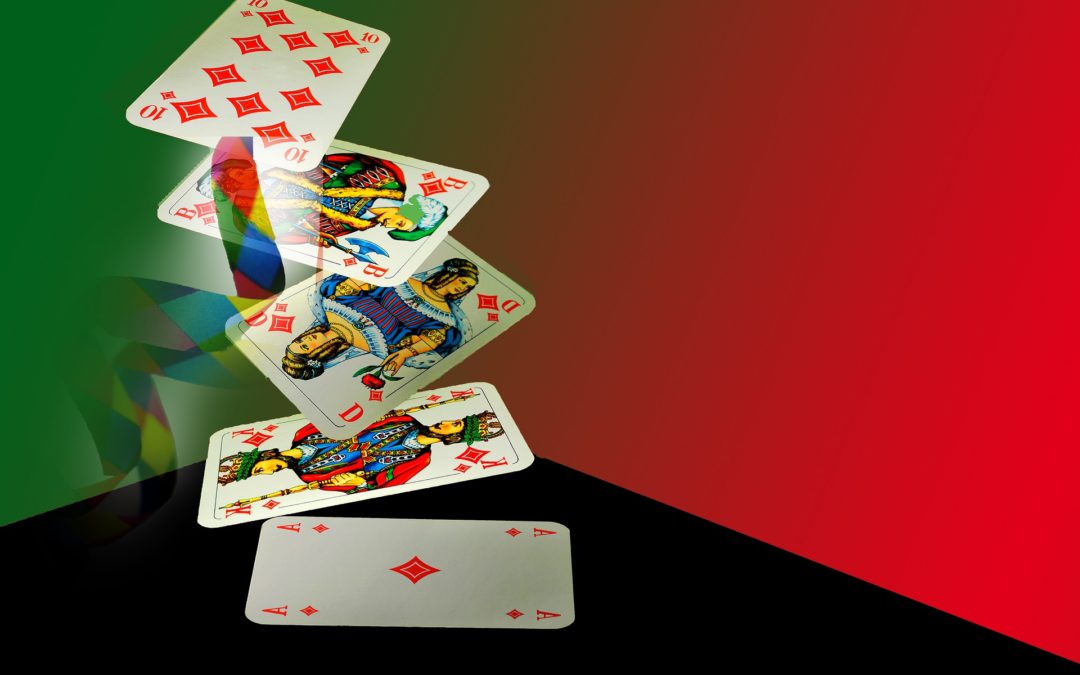
IS THERE SOME REASON THAT MY COFFEE ISN’T HERE? HAS SHE DIED OR SOMETHING?
How not to worship Miranda Priestly?
Meryl Streep is a great actress and her works are undoubtedly one more successful than the other, but, in The Devil Wears Prada in particular, she has been able to give a own life to her interpretation.
So, Miranda Priestly is not only the character embodied by Meryl, and it is not even a version of Anna Wintour, no: Miranda Priestly is an icon in all respects.
Unique.
With an unreachable style, she captured each of us from the exact moment the elevator doors opened.
Miranda is demanding, edgy, tough, with a subtle ironic vein that subtly manages to have a bursting effect, and her sentences have become an integral part of common language.
Perennially committed to consolidating her role in an exclusive and ruthless environment, totally careless of others, she demands the maximum from her collaborators, and does not grant any kind of indulgence.
Is she bad?
I would like to dwell on the concept of wickedness, and I also refer in some way to Philip Zimbardo’s reflection on the Lucifer Effect bringing it back to a less extreme context, and using this quote which in a certain sense schematizes:
“Anger may repast with thee for an hour, but not repose for a night the continuance of anger is hatred, the continuance of hatred turns malice.”
Francis Quarles
Unfortunately, all of us daily deal with small amounts of anger that explodes in the people we interact with, but also in ourselves.
How often do you find that anger has accumulated beyond the level, or, to use the example of the quote, is the continuance?
Bullying, hysterical outbursts, sterile arrows on the poison, craving for punishments, completely free reproaches, verbally vomited resentment, and so on, even in the bad, are manifestations of human sides anyway, what percentage of understanding would you like to attribute?
Difficult to say, especially when you are a victim …
On end of school days like these, it is easy to consider how some profiles fit well with the memories of someone among the teachers.
In your experience, can you remind some cases in which the badness you have undergone has turned into any minimum aspect of teaching?
Going back to Miranda, for example, as iconic as she is, it is not her who teaches us, at least not as much as Andrea Sacks: “her biggest disappointment”.






 Hi I'm Claudia and this is KCDC.
Hi I'm Claudia and this is KCDC.




OPINIONI